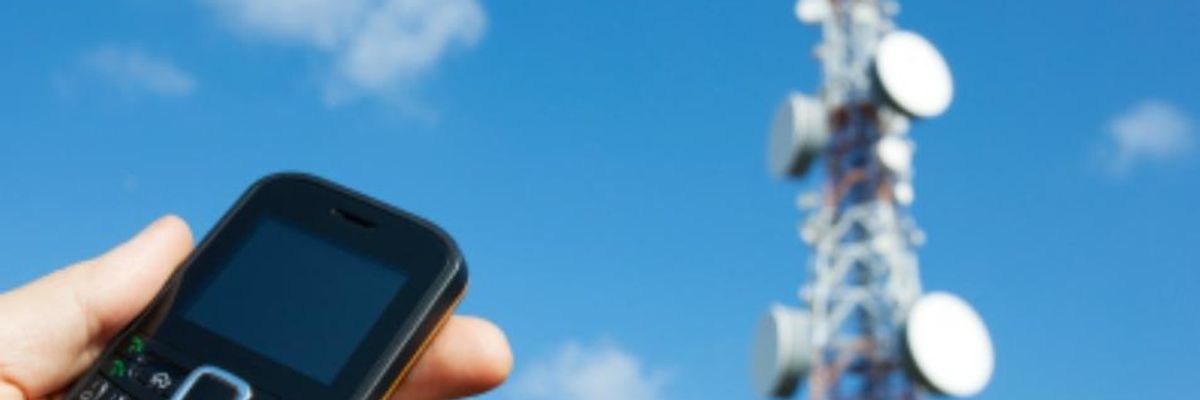A "burgeoning, multibillion-dollar surveillance industry" is making technology available to governments around the world that lets them "track the movements of almost anybody who carries a cell phone, whether they are blocks away or on another continent," a Washington Post investigation shows.
On Sunday, the Post reported that these surveillance systems, which vendors are marketing to government agencies overseas, exploit "an essential fact of all cellular networks: They must keep detailed, up-to-the-minute records on the locations of their customers to deliver calls and other services to them."
Users of the technology are able to type a phone number into a computer system, which in turn employs information from cellular carriers like AT&T or Verizon--such as what cell tower the target is currently using--to pinpoint a person's location "to within a few blocks in an urban area or a few miles in a rural one."
Such spying practices are nothing new in the U.S. and other technologically developed countries, national tech reporter Craig Timberg notes in his report.
The world's most powerful intelligence services, such as the National Security Agency and Britain's GCHQ, long have used cellphone data to track targets around the globe. But experts say these new systems allow less technically advanced governments to track people in any nation--including the United States--with relative ease and precision.
The technology could also be employed by hackers, criminal gangs, or nations under sanctions, Timberg writes.
Private surveillance vendors benefit from the fact that such location-targeting pings are virtually impossible to detect--or curtail--given that the global cellular network serves billions of phones and devices.
According to the Post, "Telecommunications experts say networks have become so complex that implementing new security measures to defend against these surveillance systems could cost billions of dollars and hurt the functioning of basic services, such as routing calls, texts and Internet to customers."
An FCC spokesperson told the Post such systems "could fall into the category of technologies" that will be further looked into by an internal task force.
The London-based advocacy group Privacy International says the global surveillance industry is estimated at $5 billion a year.
Hanni Fakhoury, staff attorney at the Electronic Frontier Foundation, will be speaking this fall about how domestic law enforcement in the U.S. is using similar technology--and how criminal defense attorneys can uncover and challenge such surveillance.
"The Post article highlights just how invasive and revealing cell phone tracking has become," Fakhoury tells Common Dreams. "While it's right to question how foreign governments are using the technology we should also be paying close attention to which law enforcement agencies in the U.S. are purchasing and using similar equipment and the legal process by which they do so. There's been a lot of obfuscation on the part of U.S. agencies on that point and we them to be more forthright with the public about how and when they use such technologies."

